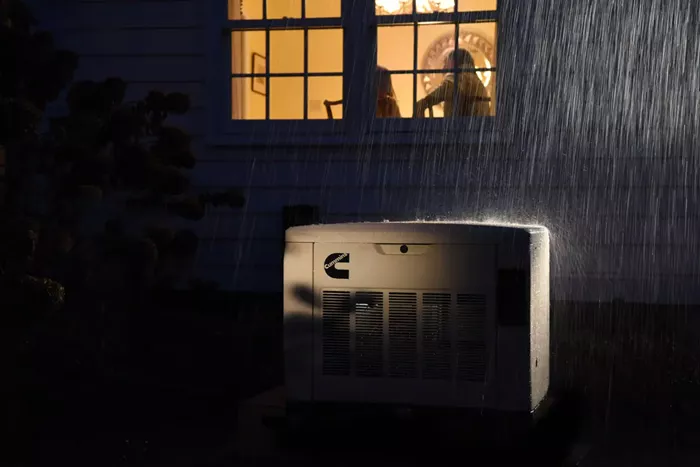University Hospitals has issued an urgent public safety notice advising residents against using generators indoors following a surge in carbon monoxide poisoning cases. The warning comes after several children were hospitalized at UH Rainbow Babies and Children’s Hospital due to carbon monoxide exposure.
“Indoor use of generators is extremely dangerous because they emit carbon monoxide, a deadly, odorless gas,” stated a spokesperson from University Hospitals. “Generators should always be used outdoors.”
The alert follows a recent influx of generator sales, with local retailers like Rural King in Elyria reporting a significant shipment of generators to help residents cope with power outages. Store officials emphasized that each generator comes with clear instructions, including warnings against indoor use.
Judy Svagerko, a customer at Rural King, shared her concern, highlighting the severe risks. “You might think it’s safe because it seems ventilated, but in this heat, the fumes can be fatal very quickly,” Svagerko warned. She had traveled from North Olmsted to secure a generator after being without power since Tuesday. Svagerko, who has heart conditions and respiratory issues, stressed the urgency of finding a safe solution.
Despite the current weather being less severe, Svagerko’s situation underscores the importance of using generators correctly. “I understand the risks and make sure to use the generator properly to avoid any hazards,” she added.
Keith Davis from Maple Heights Hardware and Supply Inc. echoed the safety concerns. “Carbon monoxide is a silent killer. For a 6500-watt generator, it’s suitable for running essentials like refrigerators, lights, and fans,” Davis explained. However, he and Dr. Matthew Marx from UH Rainbow Babies and Children’s Hospital strongly advise against using generators for high-power appliances like air conditioners or dryers, or operating them indoors or in garages.
Dr. Marx noted that recent cases of carbon monoxide poisoning have led to serious symptoms such as headaches, fatigue, and loss of consciousness. “Many people are unfamiliar with proper generator use, and the risk of lethal carbon monoxide poisoning is significant if generators are not used outdoors,” he warned.
The safety message is clear: generators must be used only in well-ventilated outdoor areas to prevent potentially fatal carbon monoxide exposure.
Related topics:
- DeWalt DXGNR7000: A Comprehensive Review
- 3 Best Dual Fuel Whole Home Generators
- Top 5 Mini Solar Generators

